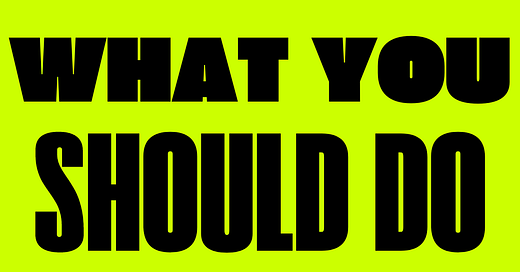Young people are doing things differently. We need to be more like them
How a Jacob Collier gig taught me that experimenting with your work makes you vibrant and responsive, not ‘flighty’.
On Thursday night, my friend Sarah and I went to Bristol for the evening.
She had two tickets to a Jacob Collier gig, and had kindly invited me to go with her.
I started listening to his music on Spotify beforehand, as I hadn’t heard of him, and I couldn’t quite work out the genre.
Sometimes there was a woman singing; sometimes him. His music went from fol…
Keep reading with a 7-day free trial
Subscribe to Annie Ridout to keep reading this post and get 7 days of free access to the full post archives.





